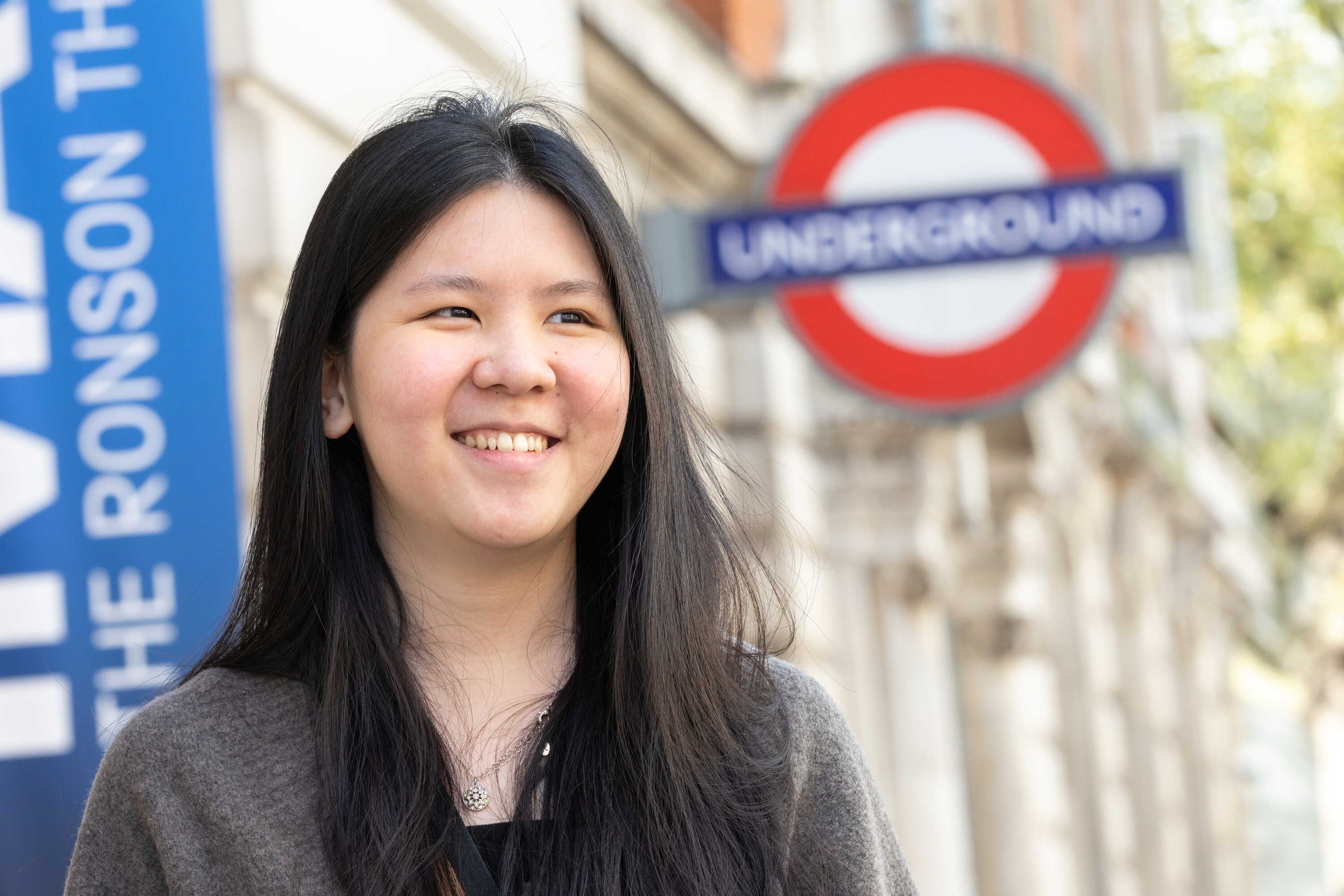
Mathematics Research
Our PhD programme is designed to allow students to transition smoothly from course-based study towards independent research.
Course key facts
Qualification
PhD
Duration
3-4 years
Start date
October 2023
Study mode
Full-time
-
Fees
£4,712 Home
£21,600 Overseas
Delivered by
Location
-
South Kensington
-
Entry requirements
Upper second class (2:1) or equivalent degree in a relevant field
Course overview
Our PhD programme is designed to allow students to transition smoothly from course-based study towards independent research. Our research agenda is to identify the key scientific, economic and societal challenges to which Mathematics can contribute; make world-leading contributions across the spectrum of Mathematics and Statistics; solve outstanding open problems by developing fundamental new tools and, where appropriate, apply these tools to a wide range of real-world problems.
Our four main research areas are:
- Applied Mathematics and Mathematical Physics
- Mathematical Finance
- Pure Mathematics
- Statistics.
Structure
In the first two years students should satisfy 100 hours of postgraduate courses in their research topic and related areas. These courses can be workshops, conferences and/or postgraduate lectures in many areas of Mathematics.
Milestones for the first year of study include:
Within 3 months of starting:
Submit a short research plan , summarising the problem they have been set, and their proposed plan to work on it.
Within 12 months of starting (24 months for part-time):
Submit a report summarising the first year’s work, including courses taken. There is a short oral examination to assess this.
Supervisors
Entry requirements
Footnotes
Please check the Imperial College entry requirements Entry requirements to ensure you meet the minimum entry criteria for research.
How to apply
Apply online
Applications are accepted throughout the year. We strongly recommend that candidates apply early in the academic year (November or December) to increase the chances of securing funding and supervision.
While a detailed research proposal is not required, and we would not expect you to arrive with a fully formulated research programme in hand, we ask you to indicate the topic or research direction you might be interested in pursuing. Furthermore, when completing the online application, it is important that you indicate the research group with which you might be affiliated:
- Applied Mathematics and Mathematical Physics
- Statistics
- Mathematical Finance
- Pure Mathematics
Independent of section, all applications should be submitted to the programme: Mathematics Research - G1ZX
Find out more about applying to Imperial.
When we receive your application, and if a member of staff is available to supervise you, we will get in touch with you to arrange an interview - where practicable this will be in person, but sometimes, particularly for overseas students, we would arrange a phone or Skype interview.
We encourage applicants to consult the webpages of our faculty members, and email those academic staff members with whom you would like to work, to check if they are planning on taking new PhD students.
When contacting an academic, it is important to:
- Ask if they are planning on taking a new PhD student next academic year
- Give a very brief (short paragraph) description of what research you have done in your previous degree
- Tell them briefly about your research interest that might align with their research
- Be specific and write personable emails: avoid being general with the copy-and-paste-one-message-fits-all emails
- Be brief: long emails discourage people from reading on
If you are unable to find an academic who is happy for you to indicate their name as prospective supervisor on your online application, you can still submit an application without indicating a supervisor. This will then go to a pool of applications, where all academics in the department are invited to look through and decide if there is an applicant they would like to interview. However, from previous admission cycles’ experience, those applications are very unlikely to receive a quick, positive outcome.
Our applications cycles are open all year round. Applicants with funding already in place can submit their application throughout the year.
Applicants aiming at Imperial College or any other Mathematics Department scholarships schemes are encouraged to apply between November and February to avoid disappointment.
Later applications may be considered but most likely there will be no more scholarships available, and supervisors might have already committed to their maximum number of new students.
We encourage applicants to consult the webpages of our faculty members, and email those academic staff members with whom you would like to work, to check if they are planning on taking new PhD students.
Apply online through Imperial Gateway .On your application please chooseMathematics Research - G1ZX for this programme.
General information relating to applying to Postgraduate Taught and Postgraduate Research programmes can be found on our Postgraduate Doctoral pages.
Fees and funding
Department of Mathematics research students are funded by grants from EPSRC, the College, the Department, industry and other bodies. All applicants are automatically considered for department/College scholarship schemes. There is no separate application form.
We also have a range of grants and scholarships which you don't need to pay back.
For further information about possible sources of funding please visit our Scholarships page.
There are many funding options available for students, including, but not limited to the below:
- NERC-funded PhD studentships
- Roth Scholarship
- EPSRC-DTP Scholarship
- President's PhD Scholarship
- Schrödinger Scholarship
- CSC Imperial Scholarship
- PhD Studentships
For more information please see the PhD funding page on the departmental website.
Scholarships
Learning and assessment
- Research Plan Confirmation (RPC) - A brief description of your research area (2-4 pages) for discussion with supervisor(s).
- Early Stage Assessment (ESA) - Written report of research problem which is to form the core of your thesis (no more than 15 pages) orally examined by at least one independent member of academic staff.
- Late Stage Review (LSR) - Written report of research problem (no more than 30 pages) orally examined by two independent member of academic staff.
- Year Three Progress Report (Y3PR) - Year three progress report describing achievements/immediate goals for discussion with supervisor(s).
- Exam Entry Form (EEF) - Completed/submitted at least 4 months before thesis submission date.
- Thesis Submission
Career
Graduates of our Mathematics Research PhD programmes are active in industry, universities and research establishments...
Testimonials
Further links
Success Guide
The Success Guide for postgraduate students offers you advice and resources to excel at Imperial College London.

Support for International Students
We provide specialist immigration advice and run a programme of webinars, trips and events to foster integration, friendship and community.

Centre for Academic English
Throughout your degree, you can take advantage of a range of CfAE courses and resources designed to help you communicate your STEMM research effectively.

Library services
Your subject librarian can help you find books and access online resources

